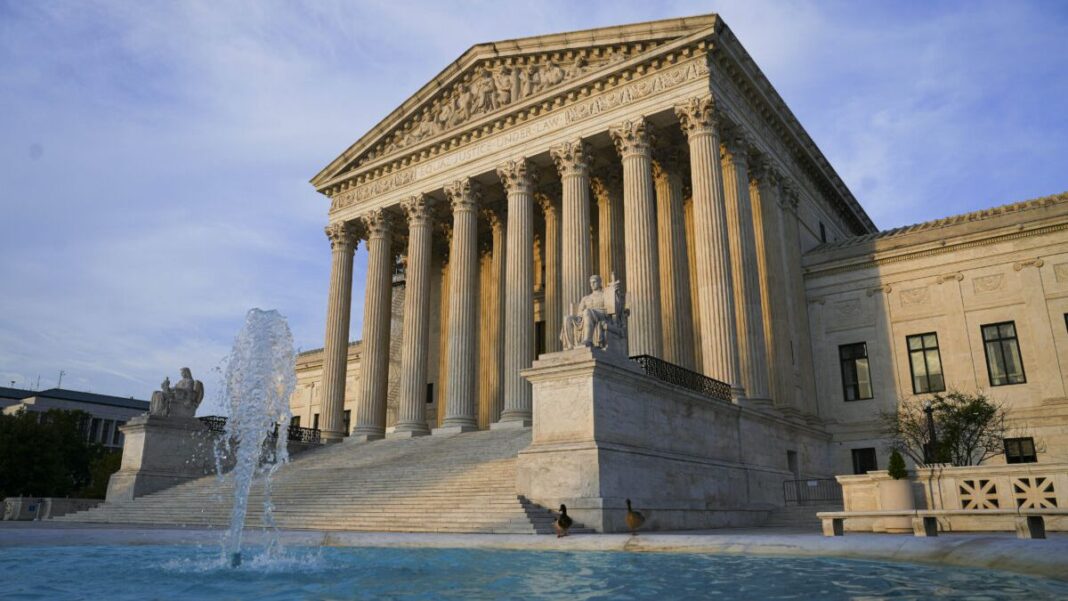
The plaintiffs said the NCAA’s transgender eligibility policies violated Title IX.
Former collegiate swimmer Riley Gaines and 15 other female athletes filed a lawsuit against the National Collegiate Athletics Association (NCAA) for allowing transgender athletes to compete in women’s events.
“It’s official! I’m suing the NCAA along with 15 other collegiate athletes who have lost out on titles, records, & roster spots to men posing as women,” Ms. Gaines stated on X, formerly known as Twitter.
“The NCAA continues to explicitly violate the federal civil rights law of Title IX. About time someone did something about it,” she added.
The lawsuit, filed in U.S. District Court of Atlanta on Thursday, centers around Lia Thomas, a transgender swimmer who won the women’s 500-yard freestyle race in the 2022 NCAA championship.
Lia Thomas had competed for the men’s team at the University of Pennsylvania before undergoing a gender transition.
The plaintiffs said the NCAA’s transgender eligibility policies violated Title IX as they failed to accommodate women’s physical abilities and “give women equal competitive opportunities in comparison to men.”
The lawsuit states that the NCAA imposed “a radical anti-woman agenda” on college sports, “reinterpreting Title IX to define women as a testosterone level, (and) permitting men to compete on women’s teams.”
It accuses the NCAA of “destroying female safe spaces in women’s locker rooms by authorizing naked men possessing full male genitalia to disrobe in front of non-consenting college women and creating situations in which unwilling female college athletes unwittingly or reluctantly expose their naked or partially clad bodies to males, subjecting women to a loss of their constitutional right to bodily privacy.”
The suit seeks to halt the NCAA from employing its transgender eligibility policies “which adversely impact female athletes in violation of Title IX” at upcoming events being held in Georgia.
It also requested that the NCAA render and reassign awards, records, and titles that were given “based in any way upon the competitive results or participation of any male who competed in women’s events or on a women’s team.”
The athletes urged the NCAA to “render ineligible any male who competed in women’s events or on a women’s team pursuant to rules of the Association which the Court finds are unlawful.”





